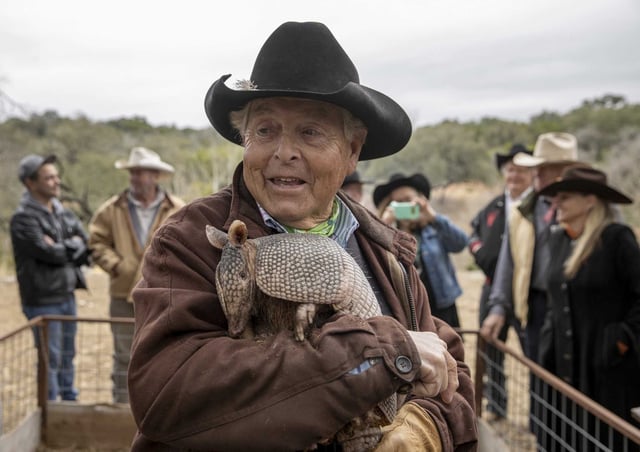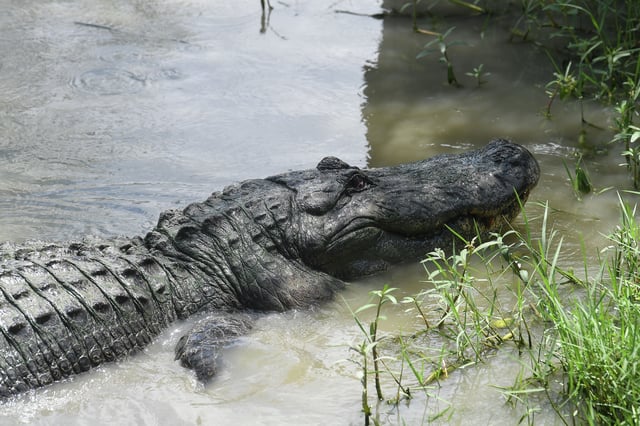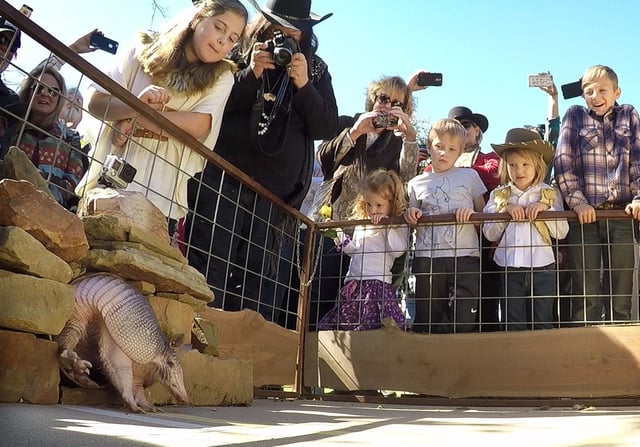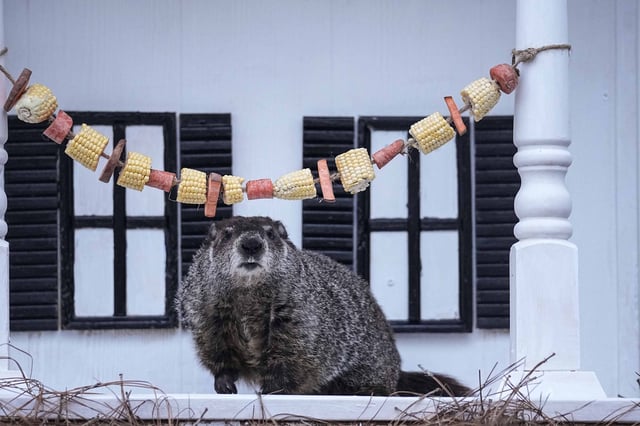Overview
- Groundhog Day, celebrated every February 2, traces its origins to ancient European traditions like Imbolc and Candlemas, which marked seasonal transitions.
- The tradition of using animals to predict weather was brought to Pennsylvania by German immigrants, who adapted the custom to feature groundhogs instead of hedgehogs or badgers.
- Punxsutawney Phil has been the centerpiece of Groundhog Day since 1886, with a formal ceremony held at Gobbler’s Knob that includes pageantry and weather predictions guided by Phil’s 'communication' with his handlers.
- The 1993 film 'Groundhog Day' significantly boosted interest in the event, turning it into a major tourism draw for the town, which now hosts thousands of visitors annually.
- While Phil’s weather predictions are largely symbolic and not scientifically accurate, the event remains a beloved cultural ritual celebrated across the United States and Canada.



